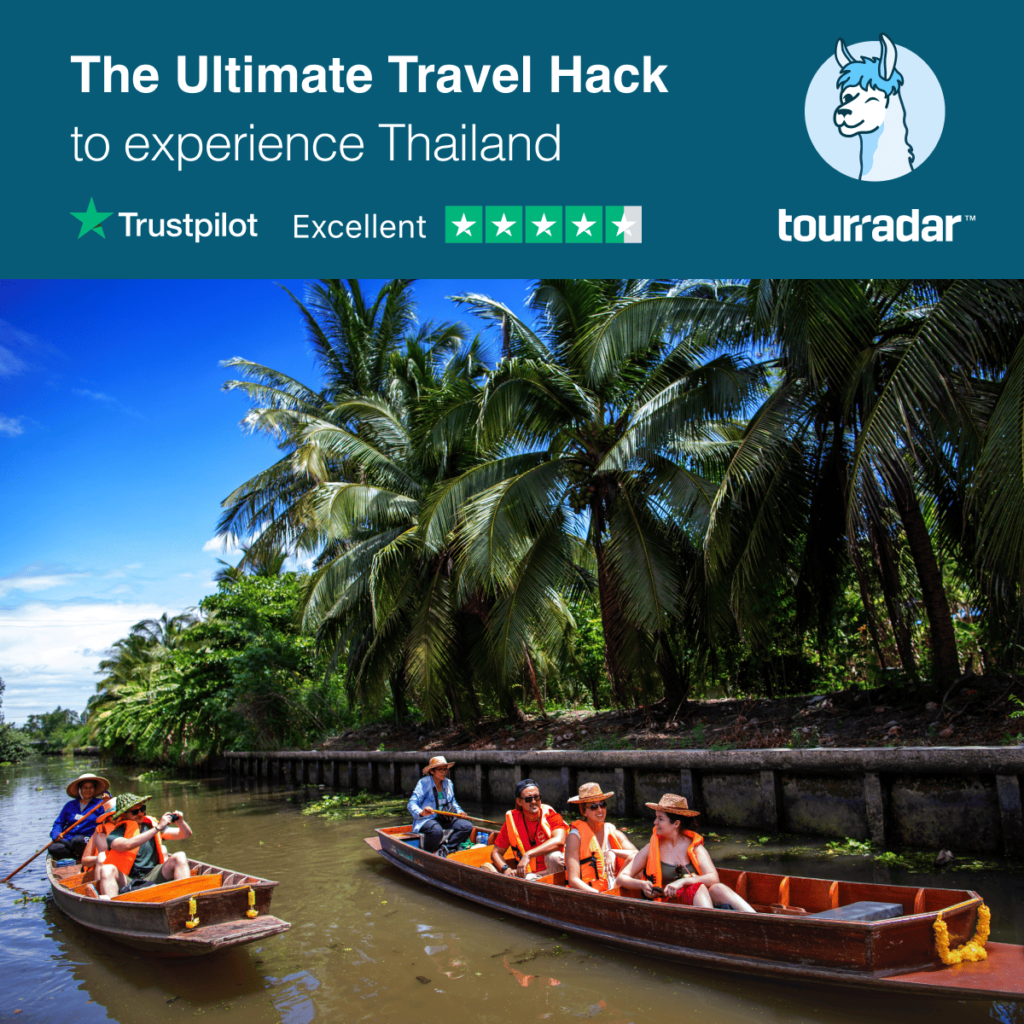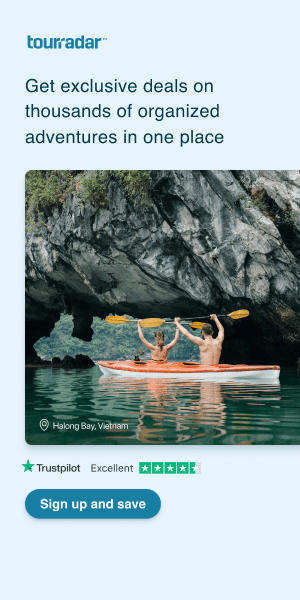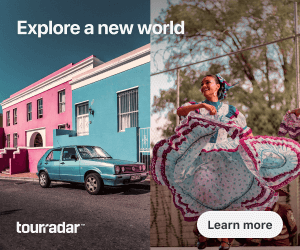
The image of guided tours has long been rooted in clichés—think older travelers clutching paper maps, moving in lockstep behind a flag-waving guide, ticking off landmarks in crowded tourist zones. For years, this outdated vision kept many younger travelers at arm’s length. But that stereotype is rapidly dissolving.
Today, it’s Gen Z and Millennials who are reshaping what guided travel looks like. They’re not just participating in tours—they’re fueling their reinvention. With a desire for deeper engagement, cultural connection, and convenience without compromise, these younger generations are embracing multi-day tours with fresh eyes and open minds.
Far from being rigid or one-size-fits-all, modern guided tours are evolving into flexible, immersive, and socially rich experiences that mirror the values of a new kind of traveler—curious, conscious, and community-driven. Here’s why more 20- and 30-somethings are trading in DIY itineraries for curated adventures that offer structure without sacrificing spontaneity.
Experience-Driven Travel Over Destination Ticking
For Gen Z and Millennials, travel isn’t about racing from one landmark to the next or chasing photo ops—it’s about depth. These travelers want to come home with stories, not just snapshots. They’re drawn to moments of real connection: kneading dough with a local baker, hearing folktales from a village elder, or wandering a night market with no agenda but curiosity.

Guided tours today are answering this demand with itineraries that prioritize engagement over box-checking. From cooking classes in sun-soaked Tuscan farmhouses to wildlife safaris guided by conservationists in South Africa, or late-night street food crawls through the alleys of Bangkok—these are experiences that foster memory, not just motion.
Providers like TourRadar are leading the way in this shift, crafting journeys that are efficient without feeling rushed and curated without feeling constrained. The result is a form of travel that respects travelers’ desire for authenticity, while offering the structure to help them access it with ease.
Built-In Community for Social Travelers
While solo travel has its appeal, younger travelers often seek out shared experiences. Whether it’s hiking in Patagonia or sailing the Greek islands, the journey becomes even more memorable when it’s shared with like-minded adventurers.
Group tours offer a built-in social network—perfect for making connections without the awkwardness of starting from scratch. Many tour platforms even allow travelers to filter by age range or travel style, ensuring the group dynamic aligns with personal preferences.
Companies like TourRadar support this trend by offering adventure categories that appeal to younger demographics—from active expeditions to wellness retreats.
Less Stress, More Discovery
Planning a multi-country trip is no small feat. Sorting out visas, transportation, local currency, safety concerns, and accommodation can be time-consuming and stressful—especially when working around a job or academic schedule.
For younger travelers, guided tours eliminate that friction. Everything is pre-arranged, allowing them to focus on discovery rather than logistics. That efficiency is a major draw for Millennials and Gen Zers, who value convenience and time as much as cost.
And with more flexible cancellation policies, transparent pricing, and mobile-friendly platforms, brands like TourRadar make it even easier for digital natives to commit with confidence.
Ethical and Sustainable Travel Options
Today’s younger travelers are more conscious of their environmental and social impact than previous generations. They want to travel in ways that are responsible and respectful—supporting local economies, minimizing their footprint, and engaging with cultures thoughtfully.
Modern tour providers are increasingly aligning with these values by offering low-impact itineraries, carbon-neutral options, and partnerships with community-based organizations. For Gen Z and Millennials, this alignment between experience and ethics makes guided tours more appealing than ever.
Access to Places (and Experiences) They Couldn’t Do Alone
Some places are difficult to navigate independently—whether due to geography, language barriers, or safety concerns. Guided tours open the door to destinations and experiences that would be challenging to arrange solo.

From remote mountain villages to jungle lodges accessible only by boat, these tours offer seamless access, guided support, and cultural context that solo planning often lacks. For younger travelers hungry for the extraordinary, this kind of access is invaluable.
Final Thoughts
For Gen Z and Millennials, guided tours represent something much more exciting than just ease and structure—they represent freedom through curation. By outsourcing logistics and embracing connection, these younger generations are redefining what it means to travel meaningfully.
Whether it’s bonding over a shared sunrise in the Andes or learning to cook paella with a Spanish chef, the new wave of guided travel is immersive, intentional, and undeniably fun.
So it’s no surprise that platforms like TourRadar—built for smart, flexible, and experience-first adventures—are seeing a growing following among the next generation of global explorers.



